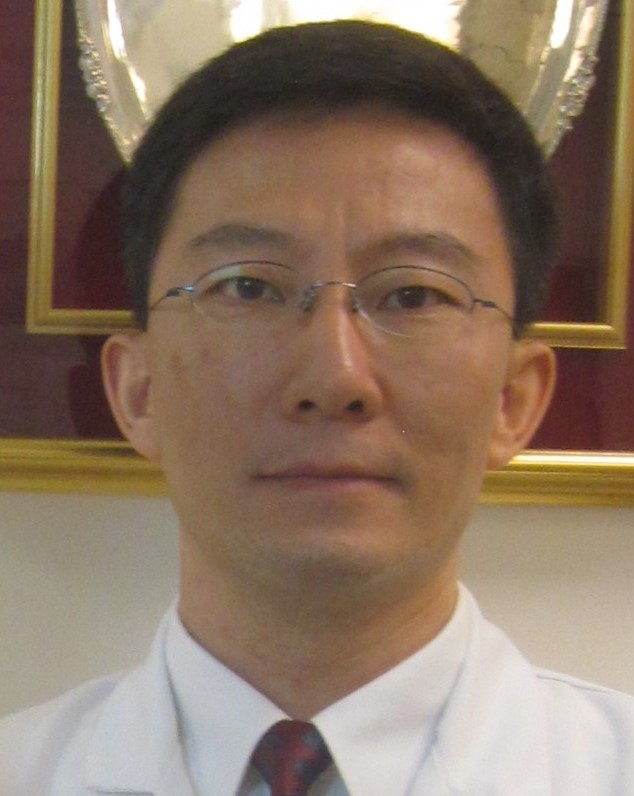
"Enhancement of Osseointegration by Targeting Osteoblast-Mediated Angiogenesis"
Year: 2018
Institution: Hospital for Special Surgery
Principal Investigator: Dr. Xu Yang
Research Category: Basic Science
As the most successful and cost-effective treatment for refractory degenerative large joint disease, total joint replacements (TJRs) are increasingly performed in the US. By 2030, the annual number of these surgeries will reach 6 million. Unfortunately, 5-20% of these replacements will fail. Cementless TJRs have been developed to decrease this failure rate by relying on a rapid bone growth onto the implant to circumvent the issues of cement. However, low bone volume and poor bone formation lead to a failure of this bone growth, which is the leading cause of cementless TJR failure.
We have previously identified that mice lacking SHN3, a large protein in bone forming cells (osteoblasts), display increased bone mass and enhanced repair of skeletal injury. SHN3 deficient osteoblasts show an augmented ability to induce a local bone-specific CD31hiEndomucinhi subset of vascular endothelium which in turn augments osteoblast-mediated bone formation. In parallel with this observation, we have developed and validated the first clinically relevant physiologically-loaded mouse implant that mimics the tibial component of a TJR. Now we seek to utilize this model to determine the clinical relevance and applications of this SHN3-mediated crosstalk between osteoblasts and skeletal CD31hiEndomucinhi endothelium.
The above project description has been supplied by the Principal Investigator
